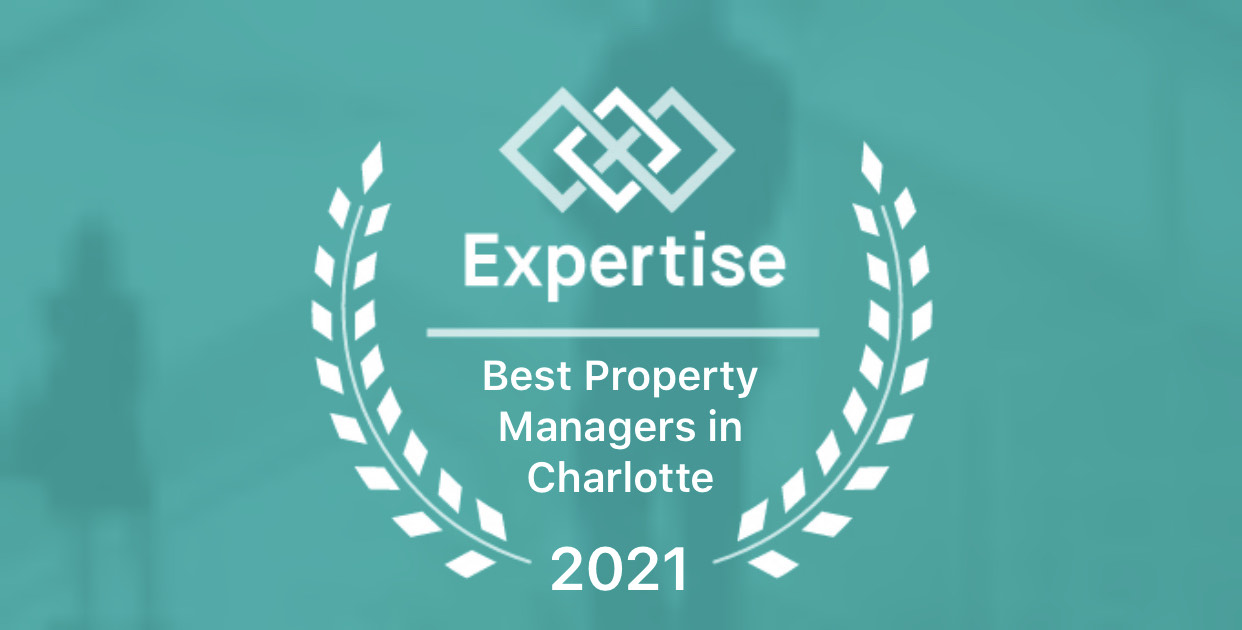By: Alicia Caldwell, AMC Literary Services
It can be so hard to save because, let’s face it, we can always find something to do with our surplus. We can even justify spending that money, rather than saving it. Realizing you need to save, deciding to actually do it, and then devising and implementing a plan to do so can be quite an undertaking. It’s worth it and you may even find out that you don’t miss the things you have to cut out of your budget, especially when you’re able to make a large purchase that if not for saving, you would not have been able to afford.
The first step to saving money is knowing what you earn and what you have to spend each month. Income vs. output. Next, before trying to discern if and how to save your surplus each month, check for areas where you can cut back:
- Energy savings (change out lightbulbs, only heat and cool rooms that are being consistently used, install energy star appliances, etc.)
- Grocery shop with a list
- Skip that expensive mocha latte vente frappe whatever, and invest in a coffee travel mug and make your coffee at home
- Shop sales
No matter where you are in life and with your finances, anyone can make changes that can result in sustainable, consistent savings. The main thing is to decide on a direction and stick to it. That first step may be your hardest part, but if that’s the case, you have nowhere to go but up! Here are a few other tried and true ways that you may not have thought of that can kick your year and savings off to a great start:
- Check accounts for monthly fees and shop around for better options. This may include credit cards and checking/savings accounts.
- Turn off your TV. You’ll have less exposure to those pesky, yet alluring ads and also reduce your electric bill. If you have times when your TV is watching you, rather than you watching it…you’re wasting money.
- MASTER THE 30-DAY RULE. Steering clear of the need for instant gratification is key to regulating personal finances. For example, set a limit like $50. If you feel the need to make a purchase more than $50, wait 30 days before doing it. Quite often you will see that the urge has passed, the purchase was quite unnecessary, and that extra money in your bank account is more valuable than whatever it was that you wanted to buy.
- Drink more water. Besides the health benefits, water is free. A one-time investment in a filter, and drinking good old free tap water can save you more than you would think.
- Limit eating out. How many times have you said that restaurants prices are crazy or getting worse, yet you continue to patronize them to the detriment of your wallet. If cooking is not your thing, invest in a cooking class and put those skills to work at home. Better yet, watch Youtube or a cooking channel.
- STOP USING CREDIT CARDS! You may think…IMPOSSIBLE. When you learn to control your spending, this step will become much more feasible.
- Purchasing with cash eliminates service fees/interest, and keeps spending down (having to count out your hard earned dollars to make a purchase rather than swipe, can be one heck of a deterrent). Some places, like gas stations, even have a lesser rate for using cash rather than credit.
Saving money, especially when it’s not a norm for you, can mean a change in way of thinking as much as it is a change in your habits. Nothing worth it is ever easy. When you are able to change the way you think about your money, and then change your habits with how you handle money, doors will open that you never even knew were closed. Your credit rating may soar, interest rates will decrease, and prospects for your financial future will materialize before you know it.
Make the change, not a New Year’s Resolution, and prepare for a bright (GREEN) future!















